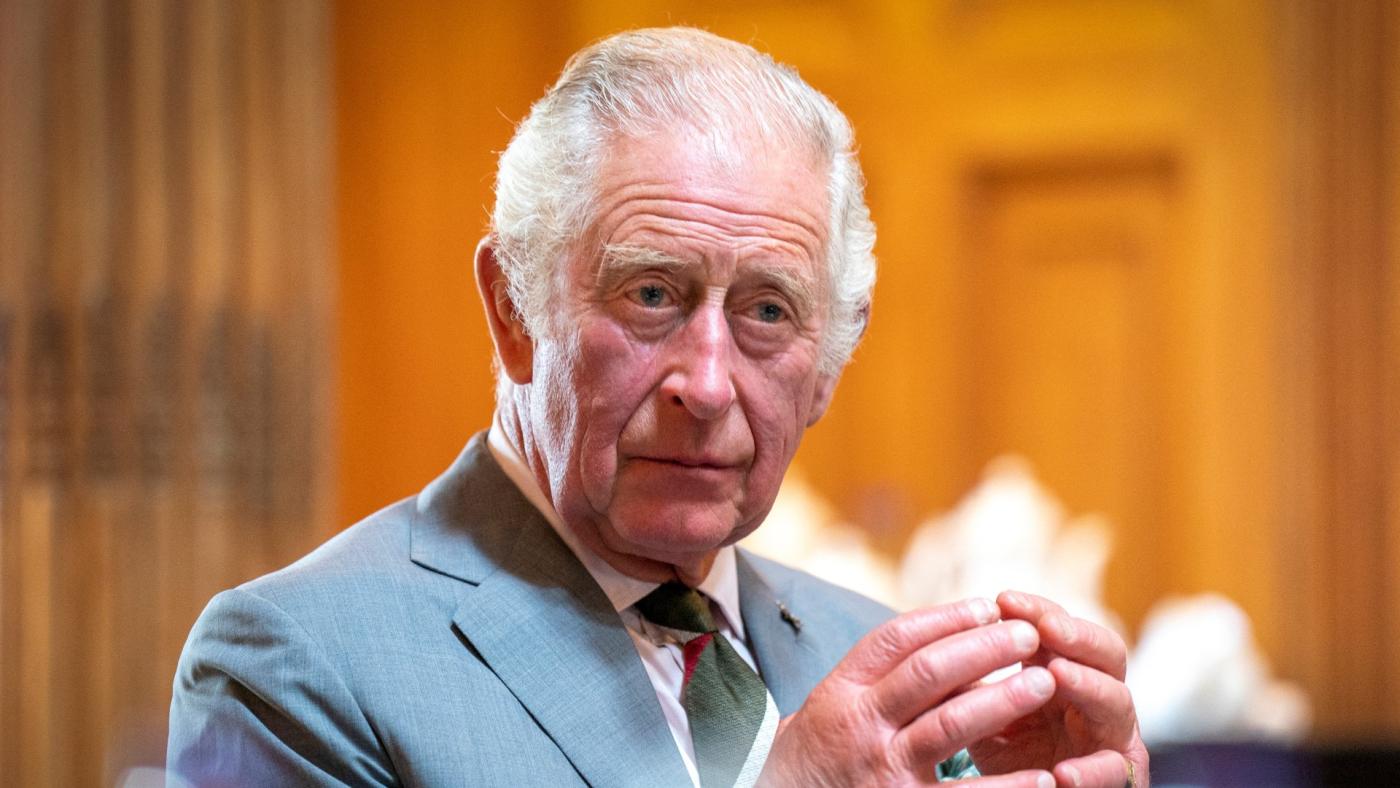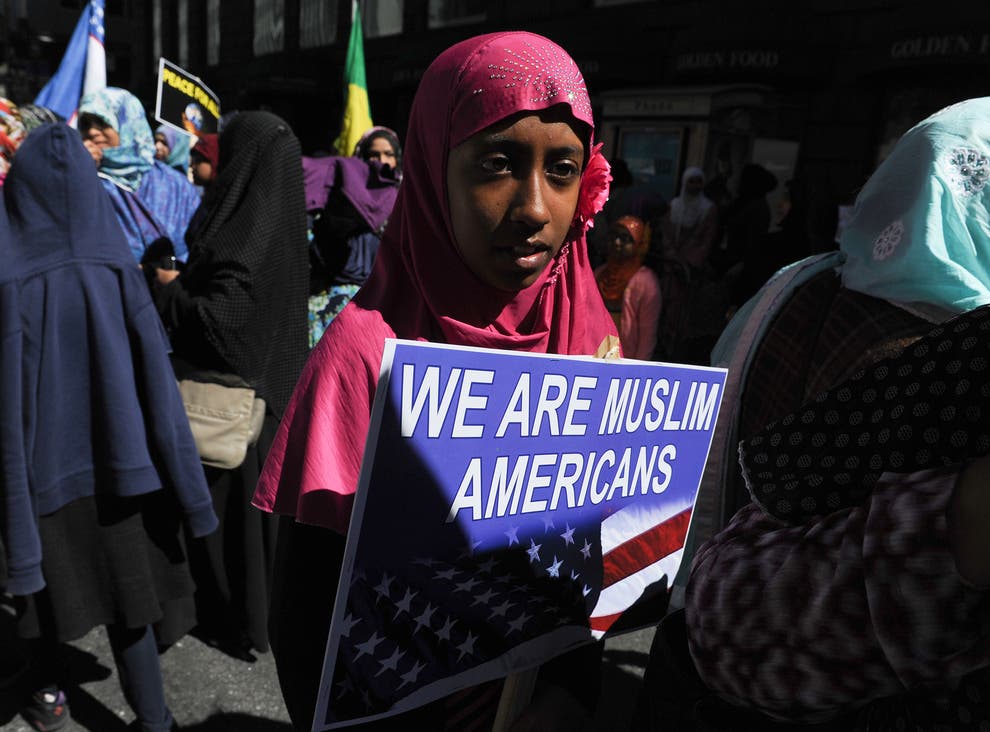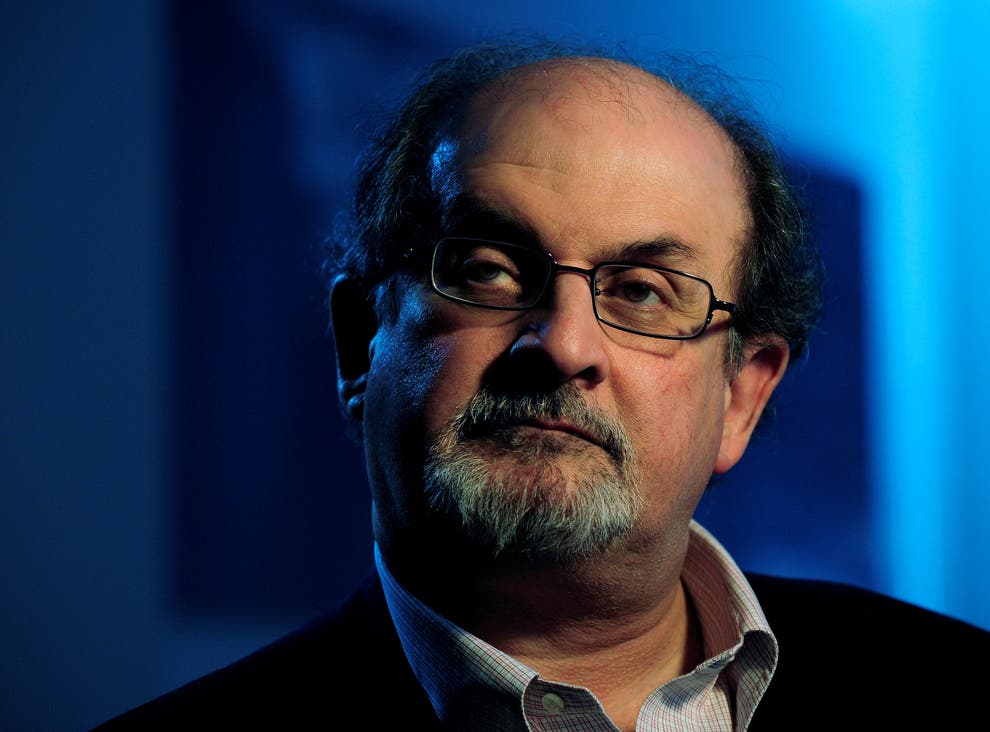No religious group in the United States has released an official statement on radical life extension. However, here are brief summaries of how some clergy, bioethicists and other scholars from 18 major American religious groups say their traditions might approach this evolving issue. (For an in-depth look at public opinion on radical life extension and related issues, see “Living to 120 and Beyond: Americans’ Views on Aging, Medical Advances and Radical Life Extension.” And for an overview of the scientific research and emerging ethical debate, see “To Count Our Days: The Scientific and Ethical Dimensions of Radical Life Extension.”)
Islam
Radically extending life “probably wouldn’t be a problem for most” Muslims, according to Aisha Musa, a professor of religion at Colgate University who has written about the issue from a Muslim perspective. According to Musa and others, Muslims believe Allah (God) knows the exact life span of each person from birth to death, or what the Quran calls one’s “term appointed” (Sura 40:67). “Since you can’t really violate God’s plan for you, life extension is alright because it’s part of God’s will,” Musa says.
Given this outlook, many Muslims would likely see life-extending technologies as in accordance with God’s plan for humanity. “Whenever there is something new, Muslims believe that it has happened with God’s endorsement,” says Abdulaziz Sachedina, chair of Islamic studies at George Mason University and the author of “Islamic Biomedical Ethics.” “Whatever we do, God has a hand in it.”
Neither major branch of Islam (Sunni and Shia) has a central authority that would issue a decree on life extension. But Shia Muslims do follow religious leaders known as grand ayatollahs, who issue religious edicts, called fatwas, that are binding on their followers.
According to Mohsen Kadivar, a Shia theologian and philosopher based in Iran but currently teaching at Duke University in Durham, N.C., many Shia ayatollahs would likely sanction life-extension therapies as long as their object was not to extend life indefinitely. “There is a difference between life extension and immortality,” Kadivar says, adding, “The first is acceptable and the second is not acceptable, according to Islam and the Quran.”
Musa and Sachedina, who are Sunni, agree that striving for immortality would go against Islamic teachings because it would keep Muslims from heaven. “There is a deep-seated belief that death is a blessing,” Sachedina says. “We look forward to dying.”






